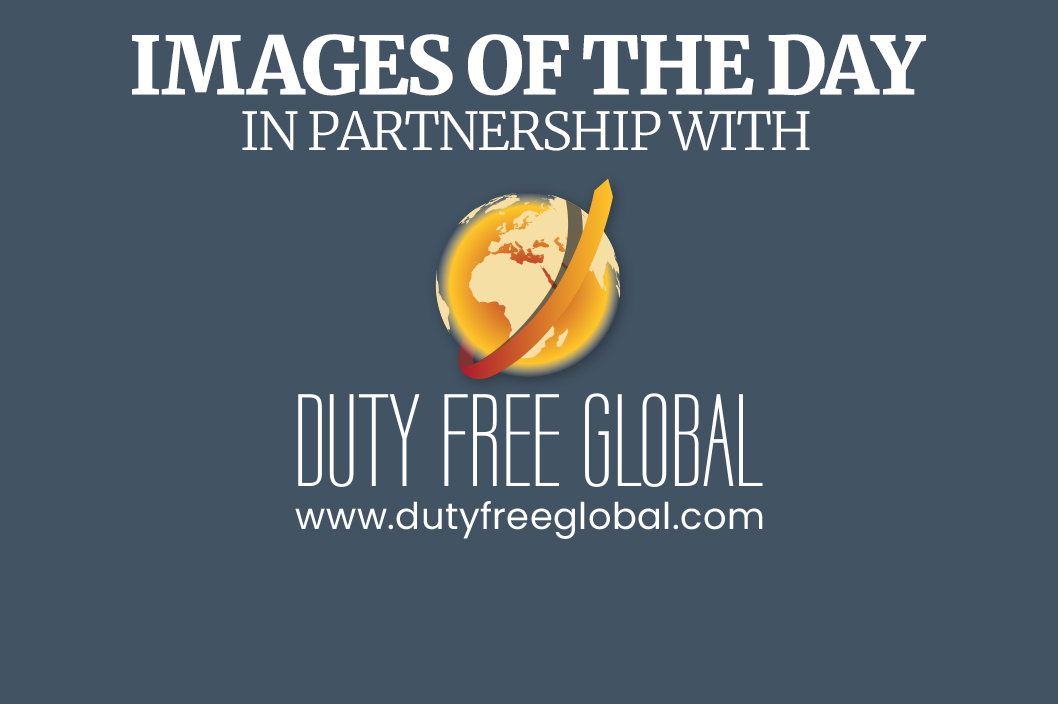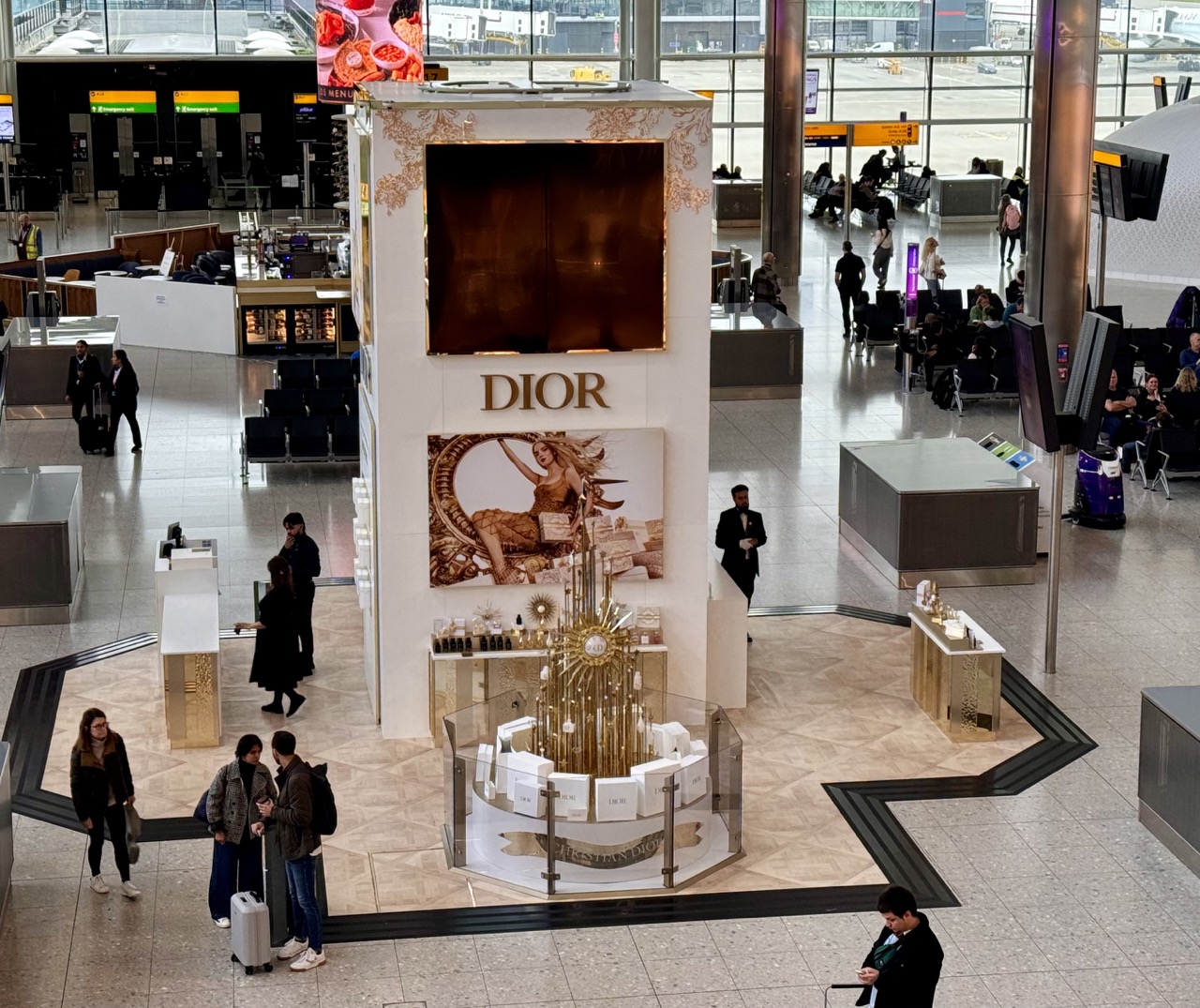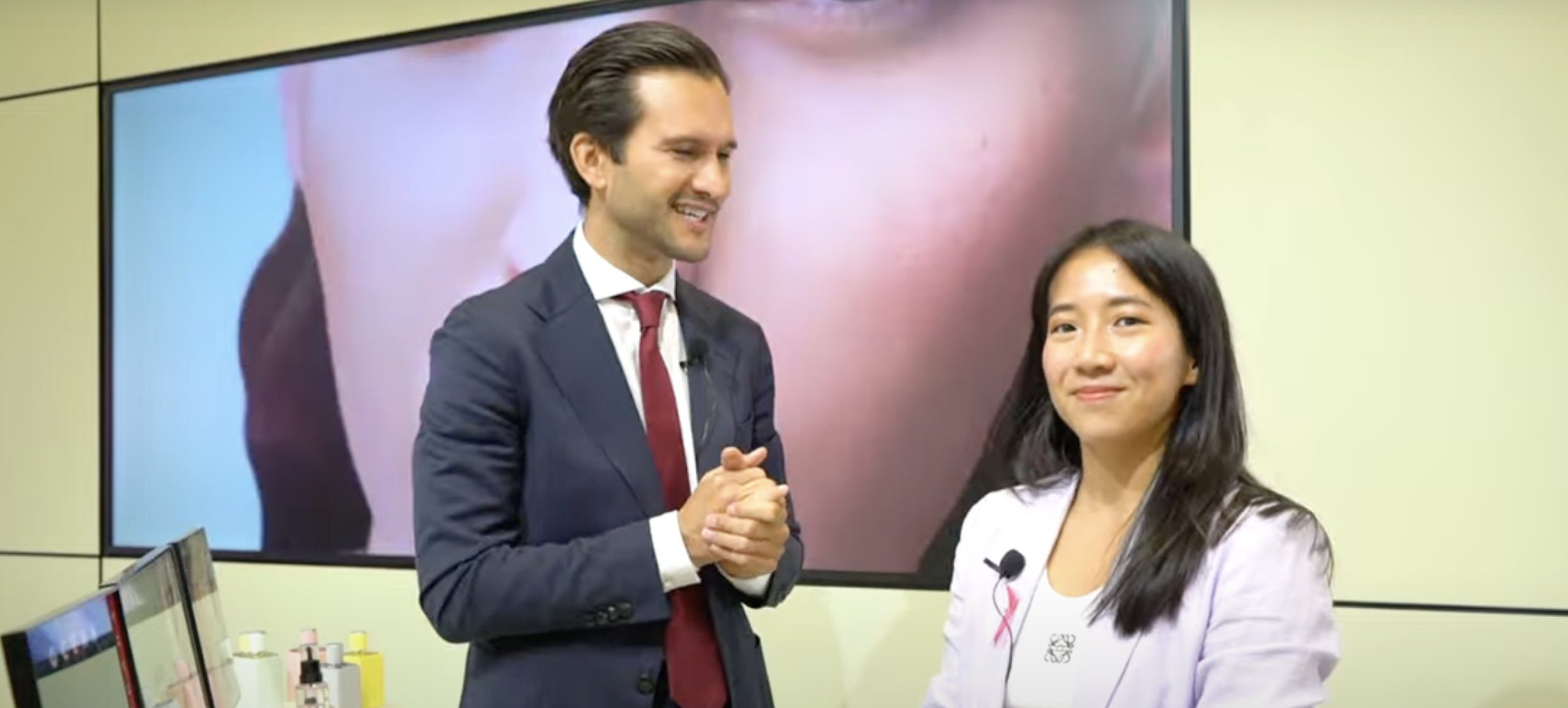French beauty house Guerlain has partnered with UNESCO (the United Nations Educational, Scientific and Cultural Organization) for a major sustainability initiative to preserve bees and biodiversity.
Bees are vital to ecosystems as a key pollinator, and preserving them will help ensure food security for the planet, according to the partners. The bee is also a symbol of the beauty house.

Under the initiative, Guerlain will promote the training and support of beekeepers and the transmission of their knowledge and know-how across the world. New beekeepers will be trained while beekeeping affiliates will be created. The benefits of the pollination in UNESCO designated biosphere reserves will then be measured.
The initial five-year programme will become part of a UNESCO-MAB and LVMH partnership in which the luxury group supports UNESCO’s intergovernmental Man and Biosphere programme aimed at conserving biodiversity. The programme also supports practices that sustainably use biodiversity and link ecological, social and economic dimensions for a sustainable development in actions.

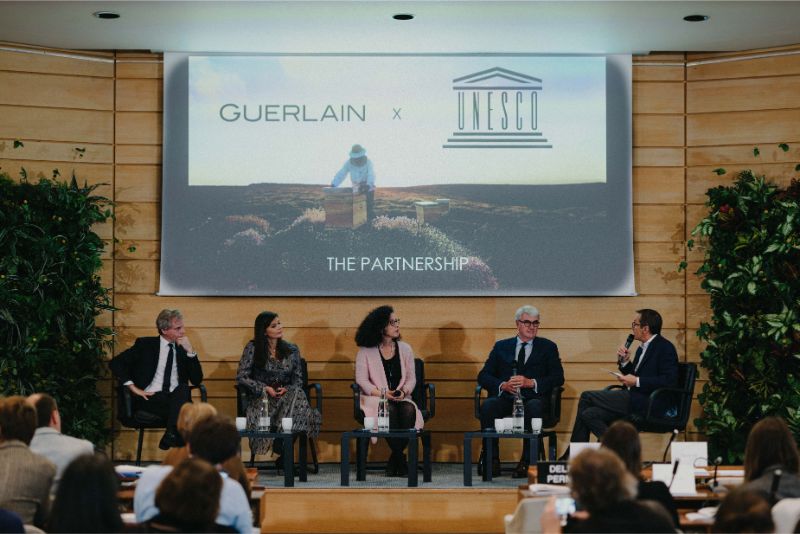
The programme will be coordinated by the OFA – the French Apidology Observatory (L’Observatoire Français d’Apidologie), a Guerlain partner since 2015.
Guerlain President and Chief Executive Officer Laurent Boillot said that sustainable development had become an area of interest shared by the entire beauty house on a strategic, inspirational – and defining – level.
“It’s also a source of pride and meaning for our employees. It’s proof that it is up to us to think of sustainable development as a vision that is integrated into the running of a House as well as a guiding light for creating the value we strive for,” Boillot said.

“In 2019, we became more committed than ever to preserving, developing and sharing our unique heritage; we outlined our ‘Raison d’être’, what in English is known as our ‘purpose’, with ‘In the Name of Beauty’. [It is] a manifesto that has enabled us to pin our words to a strategy which is in step with customer and societal expectations and grounded by a range of ambitious goals and identifiable achievements.”

Guerlain has been committed to sustainable development for 12 years, according to the CEO. “This commitment created the spark as we formalised the statement of our company’s Purpose, which articulates the meaning behind what we do.
“This Purpose provides a framework that shapes our efforts and our contributions to the general interest, going beyond our own interests. This is how we strive to do our part – and indeed a little more, as I like to say – to create a more beautiful and more responsible world. Our Purpose is rooted in our heritage and finds wings in our commitment, engaging everyone at our Maison and supported by all our teams.”
Discussing the new sustainability initiative, Boillot commented: “This UNESCO partnership came about after meeting at the Bee University we held at UNESCO in May. It marks a new milestone on the road to safeguarding bees – our House symbol – and we’re happy to now be working hand in hand with experts from the Man and Biosphere programme.”
More about the Guerlain and UNESCO initiative
The sustainability programme will centre around four main areas:
- The training of beekeepers within UNESCO biosphere reserves.
- The creation and installation of beekeeping operations comprising of 50 hives.
- Technical support and follow-up to ensure sustainable development and a stable business model.
- Measure the benefits of the pollination in the local ecosystems to implement the recommendations of IPBES report.
These objectives should empower participating beekeepers to create further high-quality, profitable beekeeping operations in connection with the ecological, social and economic landscapes and ecosystems of the biosphere reserve, according to the partners.
Early in 2020, the partnership will start with an experimental first year in which eight people in total, two from each of four pilot UNESCO designated biosphere reserves located in Ethiopia, Rwanda, Cambodia and China, will be trained. The four following years will allow for the training and support of twenty beekeepers per year from ten additional different biosphere reserves in ten different countries.
The partnership, which could be renewed at its end, will culminate in the training of 88 beekeepers from 44 different UNESCO biosphere reserves and the building of an international network of professionals, sharing their scientific and local knowledge on the crucial role of bees and pollination for food security on a sustainable planet.


